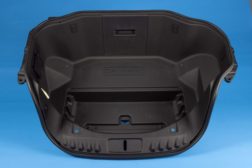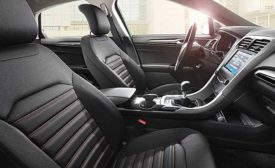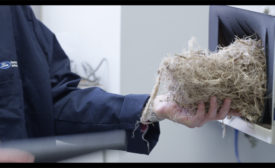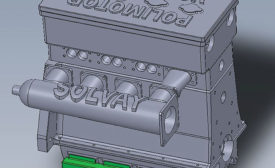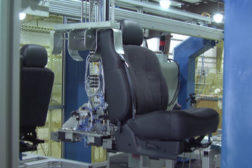Home » Keywords: » automotive plastics
Items Tagged with 'automotive plastics'
ARTICLES
Testing Challenges With Automotive Plastics
As automakers increase their use of plastic in vehicle interiors, scratch and mar testing is becoming more important.
February 2, 2017
Never miss the latest news and trends driving the manufacturing industry
Stay in the know on the latest assembly trends.
JOIN TODAY!Copyright ©2025. All Rights Reserved BNP Media.
Design, CMS, Hosting & Web Development :: ePublishing
